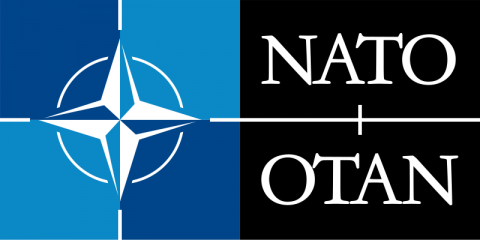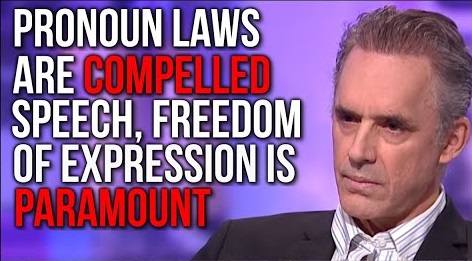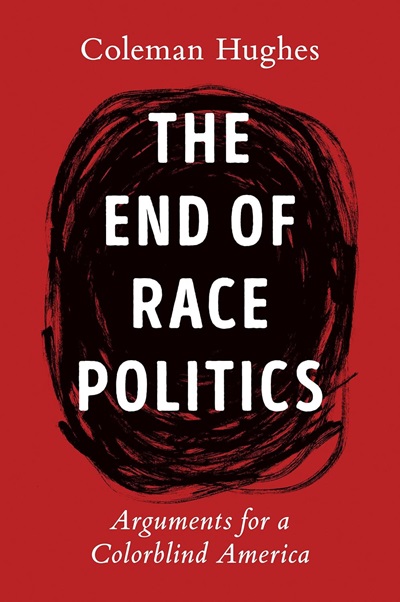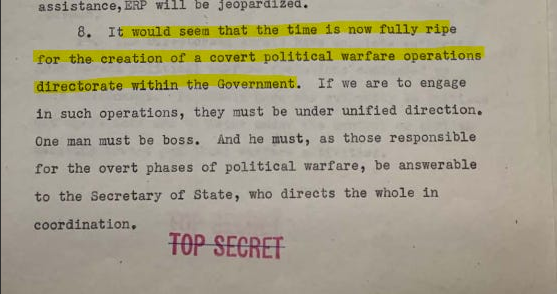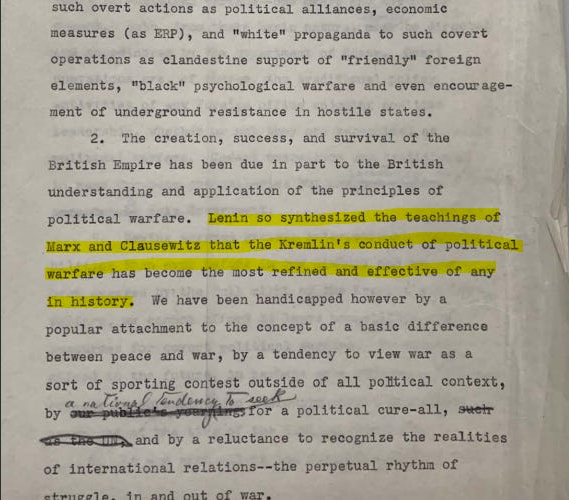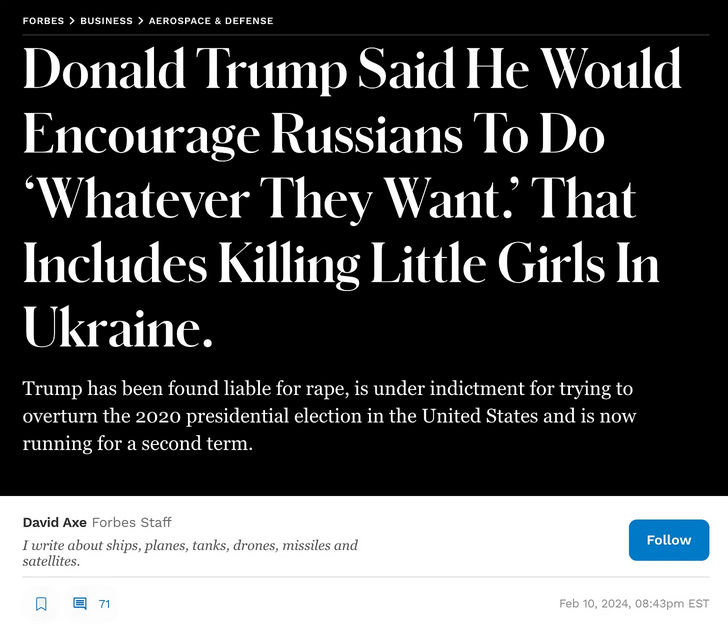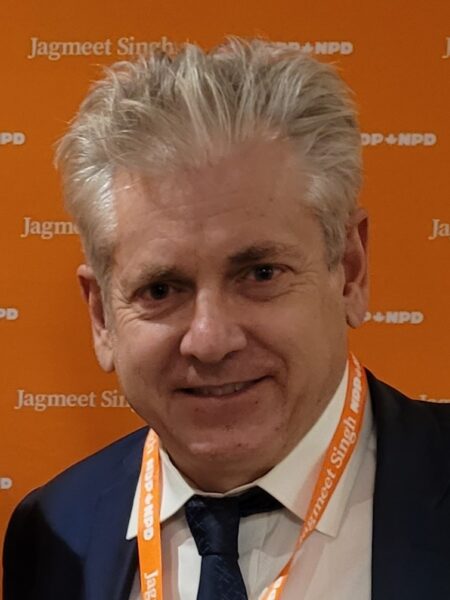I am, in many ways, a Stars Wars kid. I can remember sitting in a cinema in 1977, listening to the music play as the opening words flowed across the screen and the sound of the Star Destroyer rumbled out of the speakers and thinking “Yes, a film by One of Us”. That is, a film made by a genuine fan of SF.
A film, moreover, that gave us epic characters. Luke Skywalker: young, eager, physically skilled, charmingly gormless. Han Solo: charismatic rogue (who definitely shot first, that’s what charismatic rogues who read the room do). Princess Leia: the epitome of the competent-beyond-her-age young woman making sure the boys don’t get above themselves. Darth Vader: the looming — and yes charismatic — menace. Chewbacca: scary loyal sidekick. Obi-wan Kenobi: wise, world-weary, teacher with intriguing powers. Grand Moff Tarkin: the ruthlessly competent minion that autocrats both want and fear.
A film that was fun, that was embedded in an intriguing universe. A film that understood the need for training, the hero’s journey, building teams. The briefing of the fighters before the attack on the Death Star is a classic example of informing the audience by letting them see the process of getting everyone on the same page.
I loved the first three films: yes The Empire Strikes Back (1980) is the best of them. I was not entirely sold on the Ewoks, but they were fun. Those films were a huge success for very good reasons.
I was less impressed with the prequels. I described The Phantom Menace (1999) as “Star Wars for six year olds”. Lucas should have stuck with the pattern that worked so well for The Empire Strikes Back — get a good director and have good scriptwriters tighten up his story.
When Lucasfilm was sold to Disney, I was actually pleased. Disney, I thought, knew how to tell stories. Rogue One (2016) seemed to be a vindication of that.
When The Force Awakens (2015) came out, I was so happy to have a big screen Star Wars epic film, I just went with it. There were huge problems with the character of Rey, but I wanted to be taken for a ride, and so was: in so many senses.
Looking back, the writing down of the character of Han Solo was a big red flag. In the original trilogy, he grew as a character, as a person. In the first of the sequel trilogy, we were presented with a broken down, ageing failure as husband and father who had decayed to less than what he was when we first met him.
Meanwhile, we had the Mary Sue of a Rey who was just better than the boys as everything, including running the Millennium Falcon. She didn’t need training or experience, she was just naturally awesome because … girl.
Hollywood pretending that women have the same upper body strength as men is pretty pathetic, but never as pathetic as in the light-sabre fight between Rey and the Emo-Teenager Discount Darth Vader aka Kylo Ren. Yes, Ren was wounded, but years of experience and training counted for naught against Rey because … girl.
The Last Jedi (2017) was so much worse. Again, I wanted to like it, but things just niggled at me all the way through, despite my wish to enjoy the ride.
Once I got out of the cinema and began to consider what I had watched I became very angry. The chubby Chinese girl and belittled Black guy side plot was tired agitprop. Snope had been built up as epic villain but was disposed off with ridiculous expedition without any backstory explanation. Admiral Gender Studies was a study in pathetically bad leadership who clearly had no idea of how to build a team yet presented as a righteous authority. Poe Dameron was diminished into Male Initiative Is Bad Because Toxic Masculinity morality-play persona.
Epic military scenes do not work as parables. Parables subordinate story and character to didactic purpose. Epic military scenes really do not work as parables when the didactic purpose itself is so pathetic.
This is all bad enough, but the unforgivable crime against the entire legacy of Star Wars was what was done with Luke Skywalker’s character.
The original Luke Skywalker was a study in epic heroism. Yes, he was genetically advantaged, but he also trained to hone those advantages. He was not only physically brave, he was morally brave. Alone, captive, in the hands of his enemies — having deliberately surrendered to save his friends — he refuses to strike his father down. Alone, he defies the Emperor to his face and suffers terribly for his decision. He earned his capacities and his heroic standing.
What are we presented with in The Last Jedi? A broken and pathetic shadow of his former self. The offhand disposal of Snope has the effect of belittling the characters of Han Solo and Luke Skywalker even further. Their son, nephew and disciple had defected to the Dark Side because of … an explanation that made no character sense at all.
Seriously, the man who had shown that level of moral courage decided to kill his disciple and nephew because he had disturbing visions? It was an insult to the character, to the legacy and to the audience.
The sequel trilogy, particularly The Last Jedi, was a profound insult to legacy. To the legacy of Star Wars and to legacy within Star Wars. Thus was another parable pushed: legacy is pathetic and needs to be abandoned and subverted. The contemporary progressive contempt for all past human striving — it’s so full of male faces don’t you know, and (in the West) white ones — in fictional form.
We were presented with a universe where men fail as mentors and examples and women don’t need such. The later added-in training of Rey in The Rise of Skywalker was a pathetic patch on a deeper story-telling failure.
Any white male was pathetic, a failure, evil, stupid, toxic or some combination of the same. Meanwhile, the protagonist was great because … girl.
This was a vision that is sexist-racist, in a quite deliberate fashion.
The completion of the trilogy in The Rise of Skywalker (2019) had interest only to see how they were going to resolve (or not) all the story-telling holes The Last Jedi had lumbered the trilogy with. Bringing back Ian McDiarmid’s Palpatine — easily the best thing in the prequel trilogy — was a sign of desperation, of creative exhaustion.
Each of the films in the sequel trilogy did worse than at the box office than the one before. A very clear statement of a legacy being run down.

